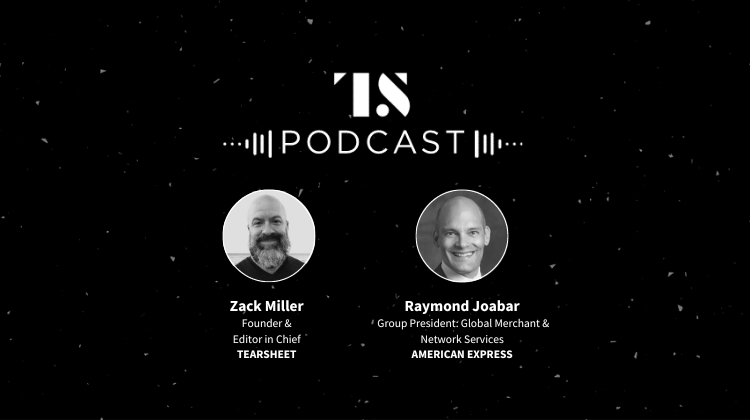
When I was a kid, my father had a successful friend who prided himself on carrying an Amex card. But frequently, when we went out to a sporting event or a restaurant, he’d have to fumble around for another card because the establishment didn’t accept Amex.
That’s changing. Amex has reached parity in the US with other cards. That’s thanks to the work of Raymond Joabar’s team. Raymond is the Group President, Global Merchant and Network Services at American Express, and manages direct and indirect channels for expanding the card network’s acceptance. We talk about the channels Amex is using to expand its footprint and the fintech partners helping it get there. We also talk about the work Amex is doing within transportation, B2B, and crypto.
Listen to the full episode
Subscribe: Apple Podcasts I SoundCloud I Spotify I Google Podcasts
The following excerpts were edited for clarity.







